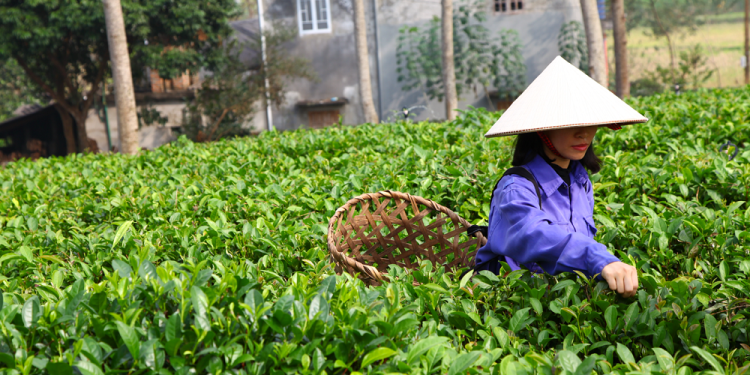
Farmer’s Day in Taiwan
Farmer’s Day is a holiday in Taiwan that begins on February 4th and coincides with Lichun—the beginning of spring. The traditional Chinese calendar divides the year into 24 different solar terms, and Lichun is the first solar term, occurring around this time on the Gregorian calendar.
On this day, people attend special events held in their villages to offer sacrifices to the gods in exchange for a prosperous new year and a bountiful harvest. There are also a number of farming-related events held on this day. Other common activities celebrated on this day include going out to scenic spots to see flowers in bloom.
The History of Farmer’s Day in Taiwan
Farmer’s Day, as a part of the Lichun Festival, has been celebrated for thousands of years in China and Korea. Originally, this day was when farmers cleared the land, gathered their seeds, and prepared for the planting season. It is also traditional for people to ask Taoist or Buddhist gods for help with the upcoming year’s harvest.
Many superstitions have existed and still exist around this holiday since its creation. For example, it is often considered bad luck for married women to visit their mothers’ homes, for people to move into a new home, or for people to quarrel with one another. Other things that are considered bad luck on this day include getting a haircut, seeing a doctor, lying down during the day, doing strenuous exercise, or playing games.
Observing Farmer’s Day in Taiwan
As mentioned, there are many things that are considered to be bad luck if done on this day, but there are also some things that people are encouraged to do. Farmers are encouraged to pray to their gods for a good planting season, and unmarried women are encouraged to visit their mothers’ homes. People also use this holiday as a day of relaxation, even though it is not a public holiday and many businesses remain open.








